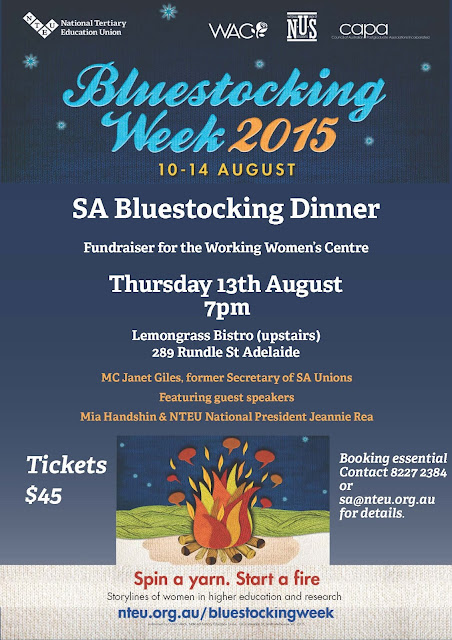In 2013 myself, Dr Grant Banfield, and Dr Samantha Schulz conducted a research study into how first year student's in a health education subject engaged with socially critical understandings of health. This is the second in a series of publication relating to this project published in the Australian Journal of Teacher Education, with the first being a conference paper presented at the 2015 ACHPER International conference, see here for further details. This paper investigates the ways in which introducing to students to how rascism impacts on health resulted in a series of 'brushes with whiteness' and what teacher educators can learn from the 'sticking points' our students encountered when grappeling with new ways of thinking.
Abstract
This paper reports on efforts by three Australian academics to develop students’ sociocultural awareness (in particular, their racial literacy) during a time of mounting pressure on teacher educators to narrow and standardise their approaches. The field of health education provides a vehicle for research; however, it is not the paper’s central foci. Of key concern is the development of a critical disposition in students – a disposition geared toward teaching for social equity. Learning of this nature transcends topic domains, and therefore allows for collaboration between academics in different parts of teacher education. Specifically, the paper focuses upon ‘whiteness’ and applies a whiteness lens (a form of critical discourse analysis) to portions of the research data to explore how discourses of race circumscribe the efforts of white students and teachers, often resulting in unintentional ‘brushes’ with whiteness (or reproductions of white race privilege). A collaborative approach that develops racial literacy through direct engagement with racial representations is considered as a way forward.
The full text is available here




